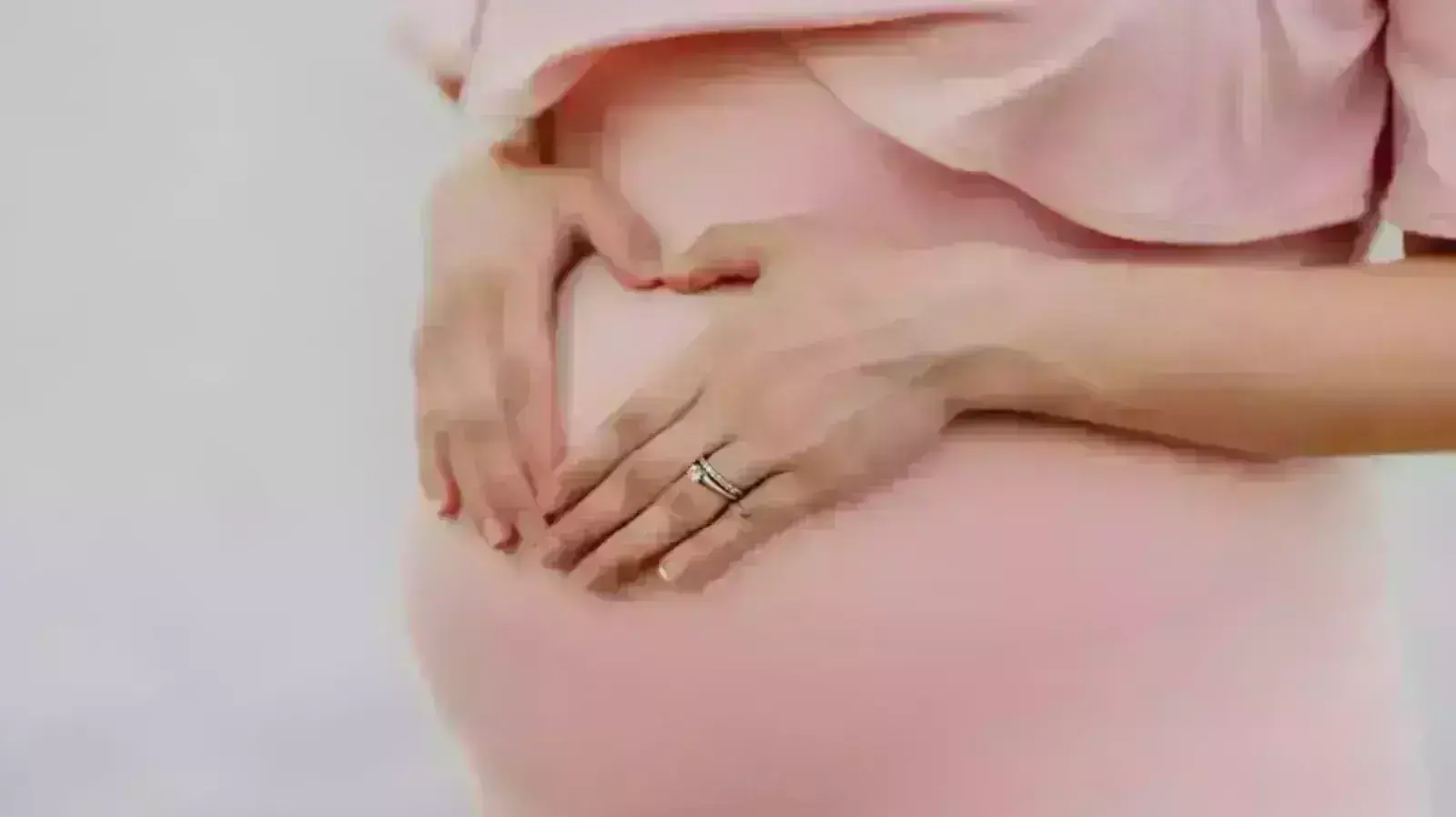- Home
- Medical news & Guidelines
- Anesthesiology
- Cardiology and CTVS
- Critical Care
- Dentistry
- Dermatology
- Diabetes and Endocrinology
- ENT
- Gastroenterology
- Medicine
- Nephrology
- Neurology
- Obstretics-Gynaecology
- Oncology
- Ophthalmology
- Orthopaedics
- Pediatrics-Neonatology
- Psychiatry
- Pulmonology
- Radiology
- Surgery
- Urology
- Laboratory Medicine
- Diet
- Nursing
- Paramedical
- Physiotherapy
- Health news
- Fact Check
- Bone Health Fact Check
- Brain Health Fact Check
- Cancer Related Fact Check
- Child Care Fact Check
- Dental and oral health fact check
- Diabetes and metabolic health fact check
- Diet and Nutrition Fact Check
- Eye and ENT Care Fact Check
- Fitness fact check
- Gut health fact check
- Heart health fact check
- Kidney health fact check
- Medical education fact check
- Men's health fact check
- Respiratory fact check
- Skin and hair care fact check
- Vaccine and Immunization fact check
- Women's health fact check
- AYUSH
- State News
- Andaman and Nicobar Islands
- Andhra Pradesh
- Arunachal Pradesh
- Assam
- Bihar
- Chandigarh
- Chattisgarh
- Dadra and Nagar Haveli
- Daman and Diu
- Delhi
- Goa
- Gujarat
- Haryana
- Himachal Pradesh
- Jammu & Kashmir
- Jharkhand
- Karnataka
- Kerala
- Ladakh
- Lakshadweep
- Madhya Pradesh
- Maharashtra
- Manipur
- Meghalaya
- Mizoram
- Nagaland
- Odisha
- Puducherry
- Punjab
- Rajasthan
- Sikkim
- Tamil Nadu
- Telangana
- Tripura
- Uttar Pradesh
- Uttrakhand
- West Bengal
- Medical Education
- Industry
Poor Glycemic Control During Pregnancy Might Lead to T2DM or Prediabetes: BMC

Gestational diabetes mellitus (GDM) is a common metabolic disorder in pregnancy that affects 20% to 25% of Southeast Asian pregnant women. A recent study suggests that blood glucose levels throughout pregnancy of women with GDM were directly related to the risk of developing T2DM or prediabetes at 6 weeks postpartum. The study findings were published in the journal BMC Pregnancy and Childbirth on January 08, 2022.
Studies have shown that increased risk of postpartum glucose intolerance or T2DM in women with GDM who had poor glycemic control during pregnancy. However, the definition of 'good or optimal' vs 'poor or suboptimal' glucose levels (using the 2-hour postprandial vs mean daily glucose level) and the time points for the diagnosis or development of T2DM (weeks vs years postpartum) are inconsistent among previous studies. Therefore, Dr Chadakarn Phaloprakarn and Dr Siriwan Tangjitgamol conducted a study to evaluate the impact of plasma glucose levels throughout GDM pregnancy on the risk of postpartum T2DM or prediabetes.
In this present retrospective study, the researchers included 706 women with GDM who underwent a postpartum 75-g, 2-hour oral glucose tolerance test at the Faculty of Medicine Vajira Hospital, Bangkok, Thailand. They categorized the patients into optimal and suboptimal glycemic control groups according to glycemic control during pregnancy and compared the rates of postpartum T2DM and prediabetes:♦
♦ The optimal glycemic control group (n = 505) was determined as ≤ 1 occasion of either an FPG level of at least 95 mg/dL or a 2-hour postprandial glucose level of at least 120 mg/dL.
♦ The suboptimal glycemic control group (n = 201) was determined as two or more occasions of an FPG level of at least 95 mg/dL and/or a 2-hour postprandial glucose level of at least 120 mg/dL.
Key findings of the study:
- Upon analysis, the researchers found that the rates of postpartum T2DM and prediabetes were significantly higher in the suboptimal glycemic control group than in the optimal glycemic control group: 22.4% vs 3.0% for T2DM and 45.3% vs 23.5% for prediabetes.
- Upon multivariate analysis, they found that suboptimal glucose control during pregnancy was an independent risk factor for developing either postpartum T2DM or prediabetes.
- The adjusted odds ratios were 8.4 for T2DM and 3.9 for prediabetes.
The authors concluded, "Our findings suggest that blood glucose levels during GDM pregnancy have an impact on the risk of postpartum T2DM and prediabetes."
For further information:
Medical Dialogues Bureau consists of a team of passionate medical/scientific writers, led by doctors and healthcare researchers. Our team efforts to bring you updated and timely news about the important happenings of the medical and healthcare sector. Our editorial team can be reached at editorial@medicaldialogues.in.
Dr Kamal Kant Kohli-MBBS, DTCD- a chest specialist with more than 30 years of practice and a flair for writing clinical articles, Dr Kamal Kant Kohli joined Medical Dialogues as a Chief Editor of Medical News. Besides writing articles, as an editor, he proofreads and verifies all the medical content published on Medical Dialogues including those coming from journals, studies,medical conferences,guidelines etc. Email: drkohli@medicaldialogues.in. Contact no. 011-43720751


